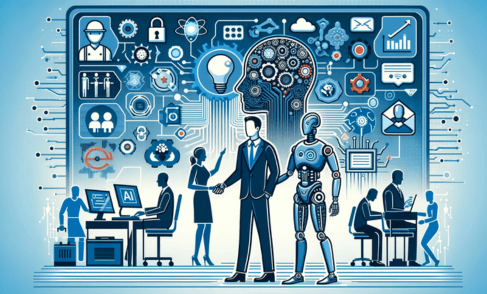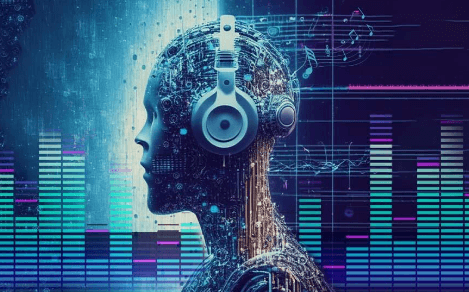How AI Is Revolutionizing the Job Market

AI is fundamentally altering the employment landscape by automating routine tasks and creating new roles. Its integration improves recruitment efficiency through data analytics, while also demanding new skills from workers. These shifts present both opportunities and challenges, raising questions about workforce adaptation and ethical implications. As these trends accelerate, understanding the nuanced impacts of AI on job markets becomes increasingly critical. The evolving dynamics suggest significant changes ahead, warranting closer examination.
The Impact of AI on Employment Opportunities
How has the proliferation of artificial intelligence transformed employment opportunities across various sectors? AI bias risks perpetuating inequalities, while automation accelerates job displacement in manufacturing and services.
Data indicates a dual dynamic: technological advancement offers new roles but also displaces traditional jobs, challenging the pursuit of freedom through adaptable, equitable labor markets.
Transforming Recruitment and Hiring Processes
The integration of artificial intelligence into recruitment and hiring processes has significantly reshaped traditional practices, enabling more efficient and data-driven decision-making.
However, AI bias and automation risks pose challenges, potentially perpetuating discrimination and reducing human oversight.
Despite these issues, AI offers opportunities for transparent, scalable hiring, empowering organizations to refine talent acquisition with greater objectivity and speed.
Evolving Skill Sets and Workforce Development
As AI continues to integrate into various industries, workforce development must adapt by emphasizing new skill sets aligned with technological advancements.
Reskilling initiatives and lifelong learning are essential to ensure workforce agility.
Data indicates that continuous education enhances employability, supporting individuals in navigating automation-driven changes and fostering a flexible, empowered labor market capable of adapting to future innovations.
see also: How AI Is Improving Cybersecurity Threat Detection
Challenges and Ethical Considerations in an AI-Driven Job Market
What are the primary ethical and practical challenges posed by the integration of AI into the labor market? Algorithm bias risks marginalizing disadvantaged groups, while privacy concerns threaten individual autonomy.
Addressing these issues requires transparent algorithms and robust data protections, ensuring that AI’s benefits do not compromise fundamental freedoms or perpetuate inequalities in an increasingly automated workforce.
Conclusion
AI acts as a double-edged sword shaping the labor landscape, carving new pathways while eroding traditional roles. Its data-driven insights streamline hiring and elevate skill demands, fostering a dynamic, adaptive workforce. Yet, ethical shadows cast doubt on biases and privacy, demanding vigilant oversight. As AI continues its relentless march, the future of work resembles a complex tapestry—interwoven with innovation and caution—necessitating ongoing adaptation to harness its full potential responsibly.





